Accelerometers
An accelerometer is a type of sensor that measures acceleration, which is the rate of change of velocity. This allows it to detect forces of both static acceleration (like gravity) and dynamic acceleration (like vibration, movement, and impact). Most modern accelerometers use a tiny mass on a spring that moves when a force is applied, generating a signal that is proportional to the acceleration.
Application:
- Condition Monitoring: A primary tool in predictive maintenance programs for machinery. By mounting accelerometers on motors, pumps, and gearboxes, engineers can detect signs of wear, imbalance, or misalignment before a catastrophic failure occurs.
- Structural Health Monitoring: Used to measure vibrations in large structures like bridges, buildings, and wind turbines to assess their structural integrity and detect potential damage from earthquakes or high winds.
- Transportation: Used in automotive testing to measure ride comfort, analyse engine vibrations, and trigger airbags in a collision.
















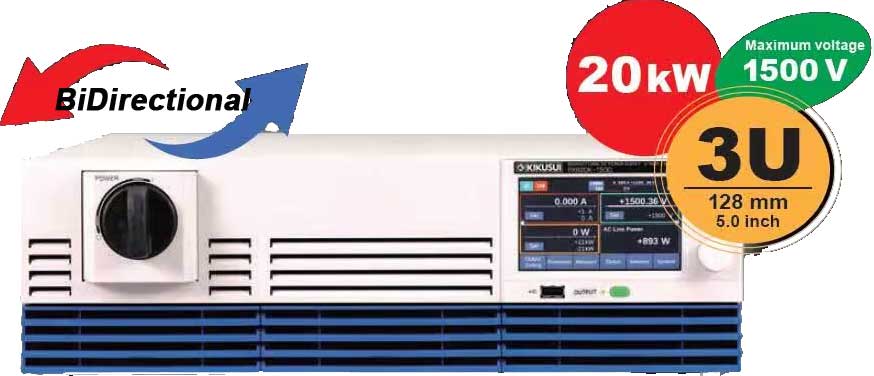





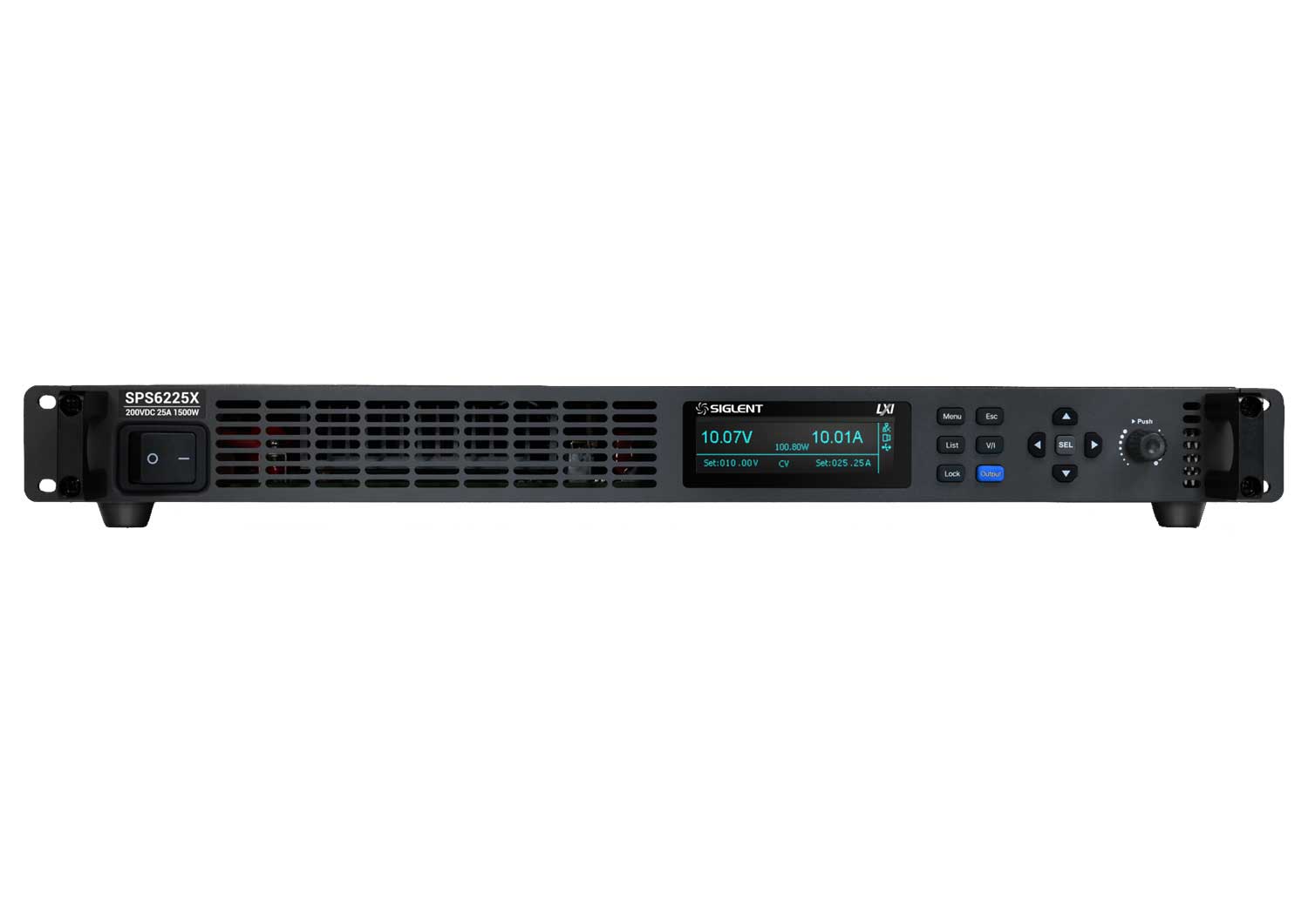

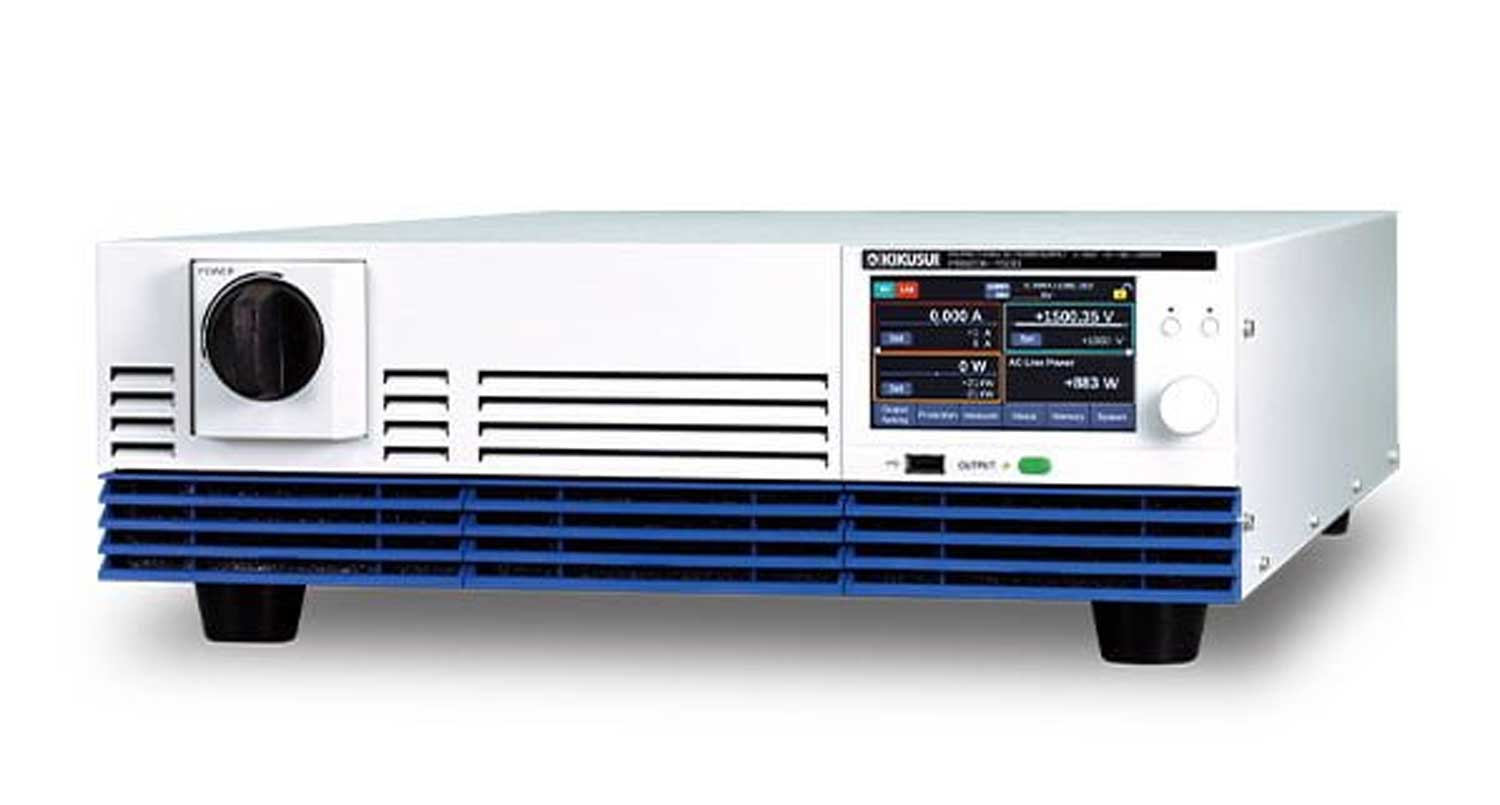
















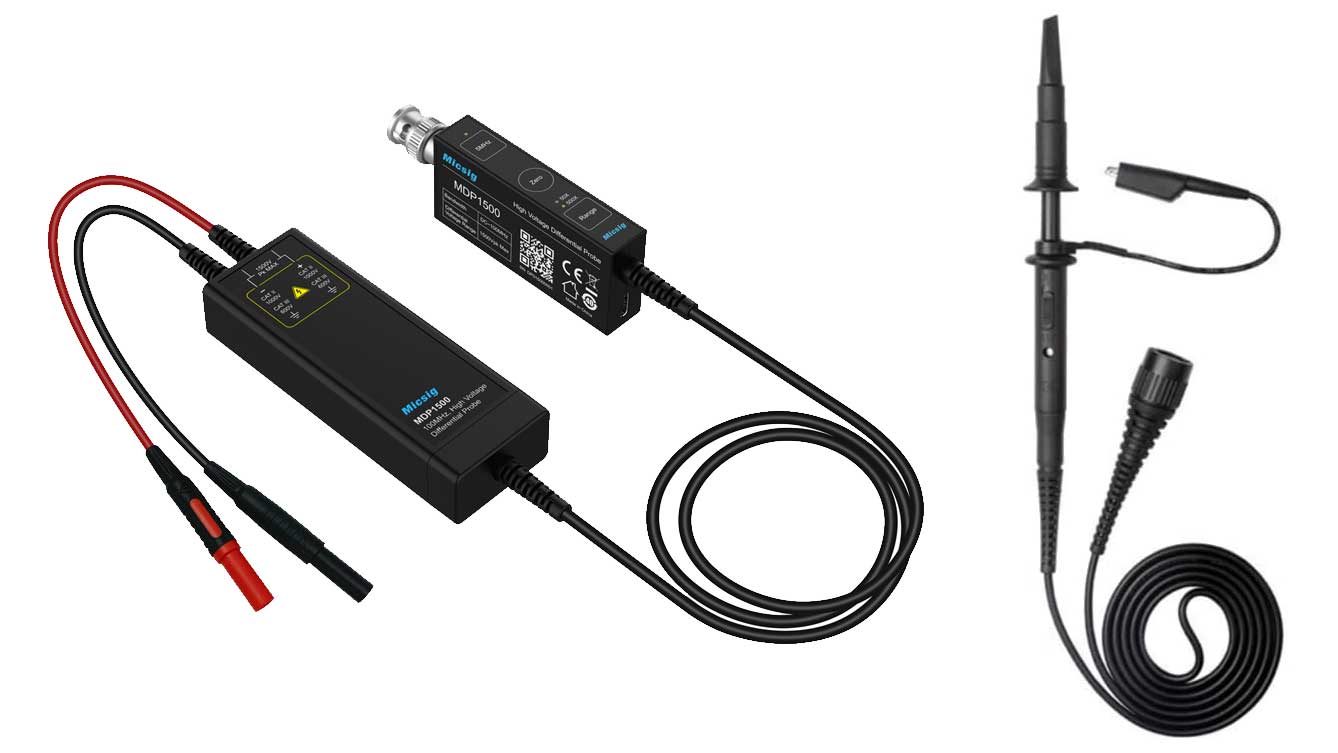









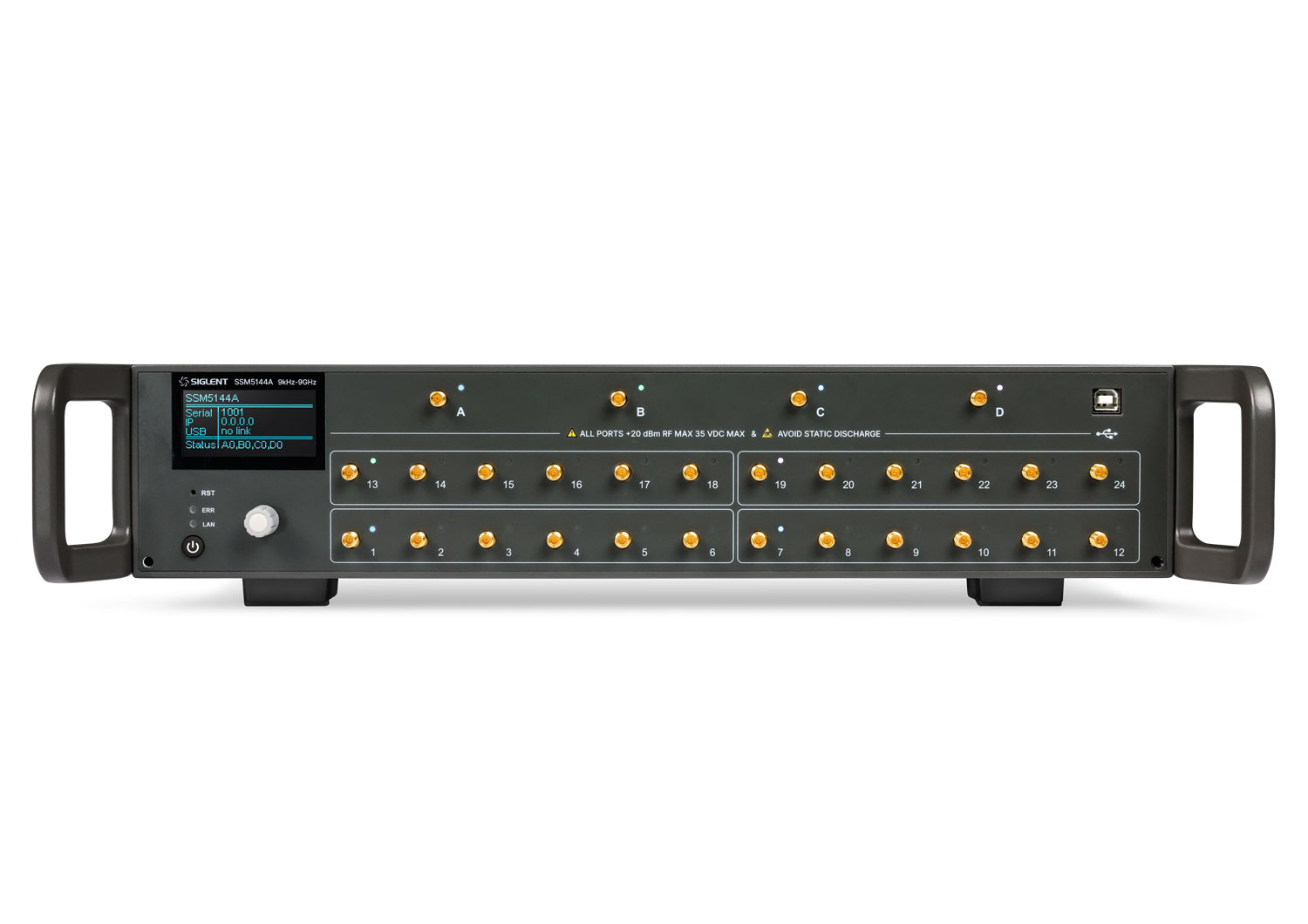













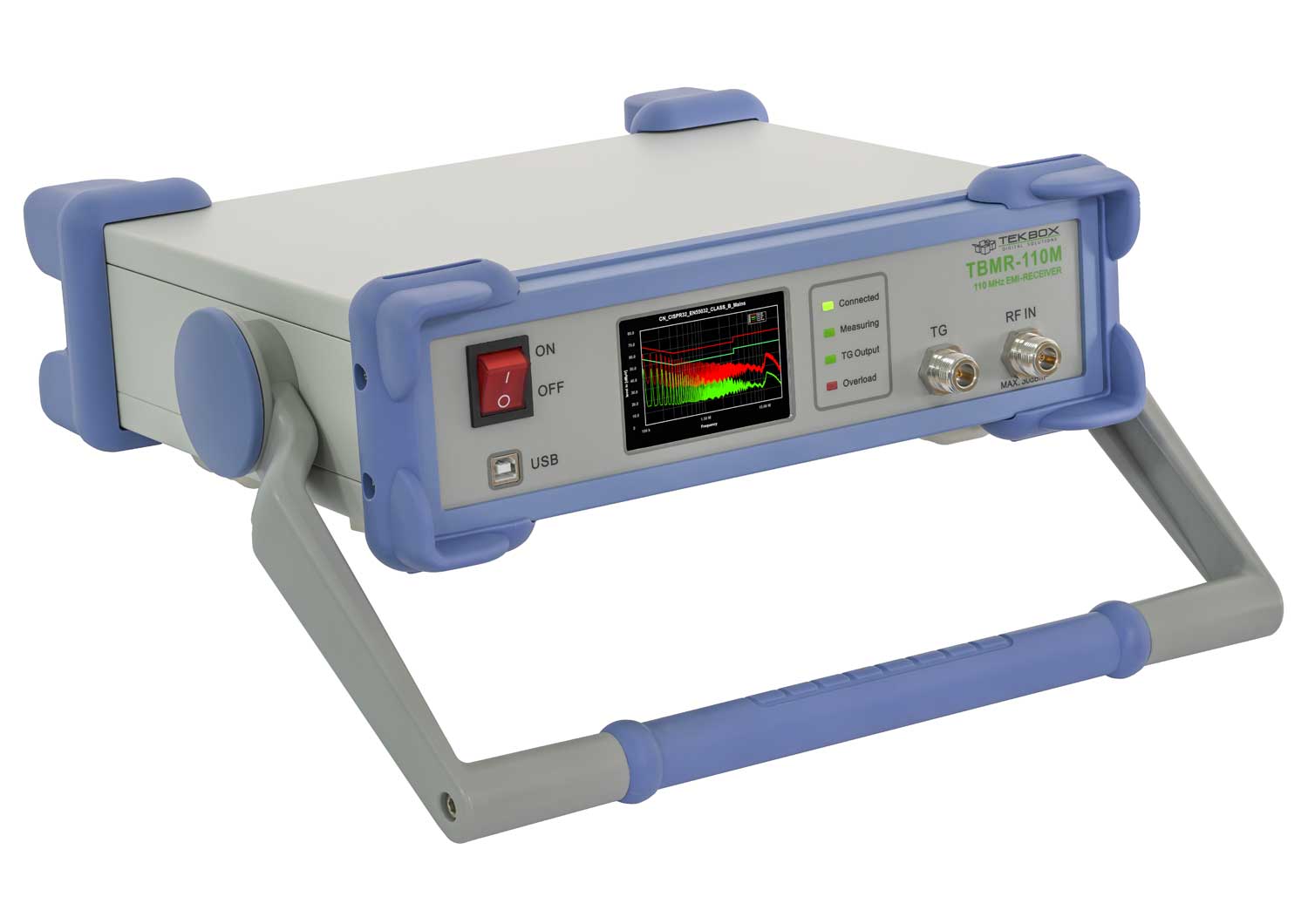
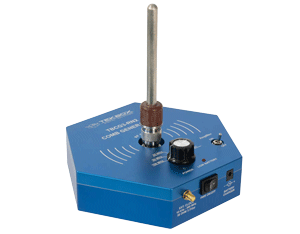

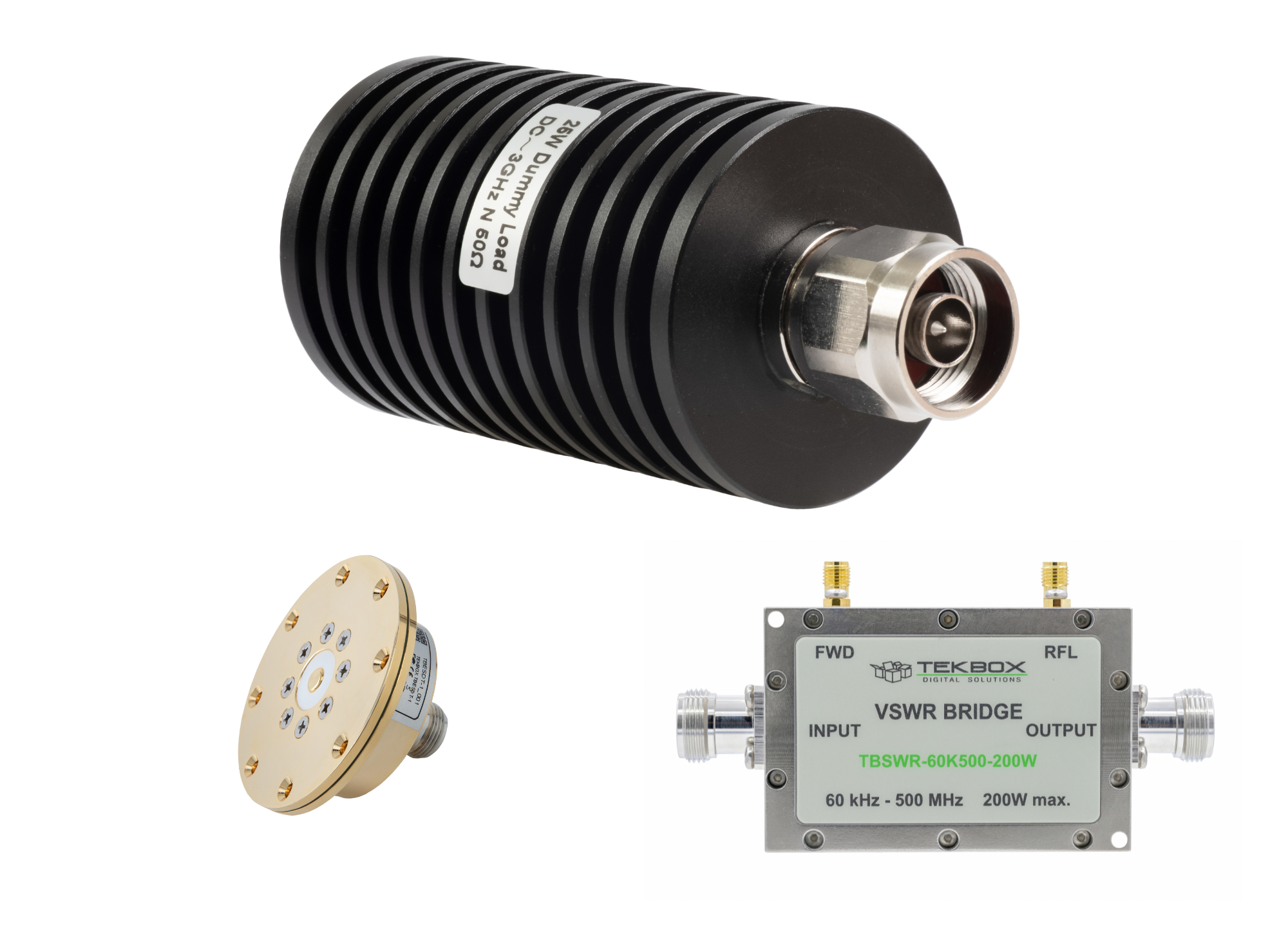




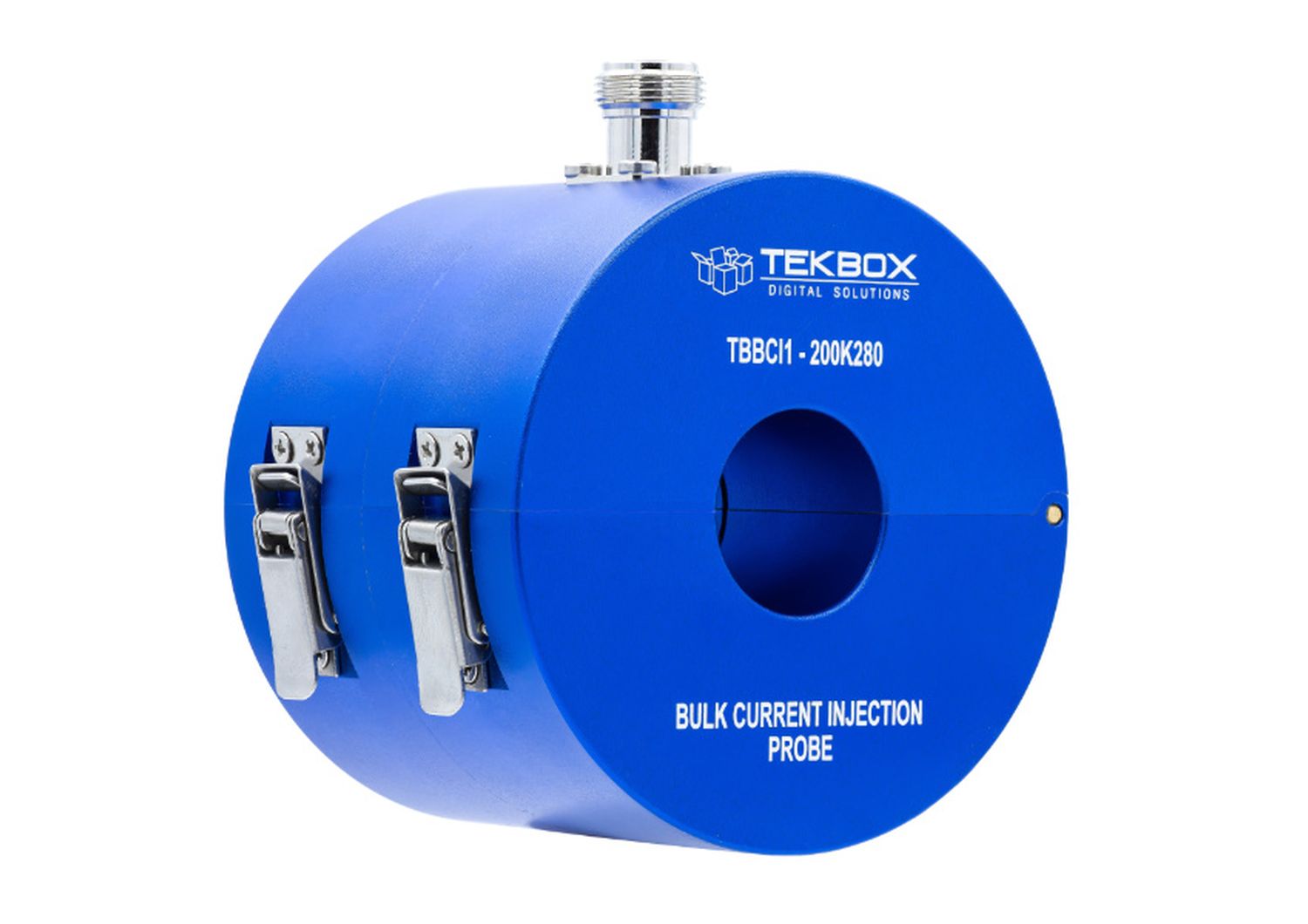



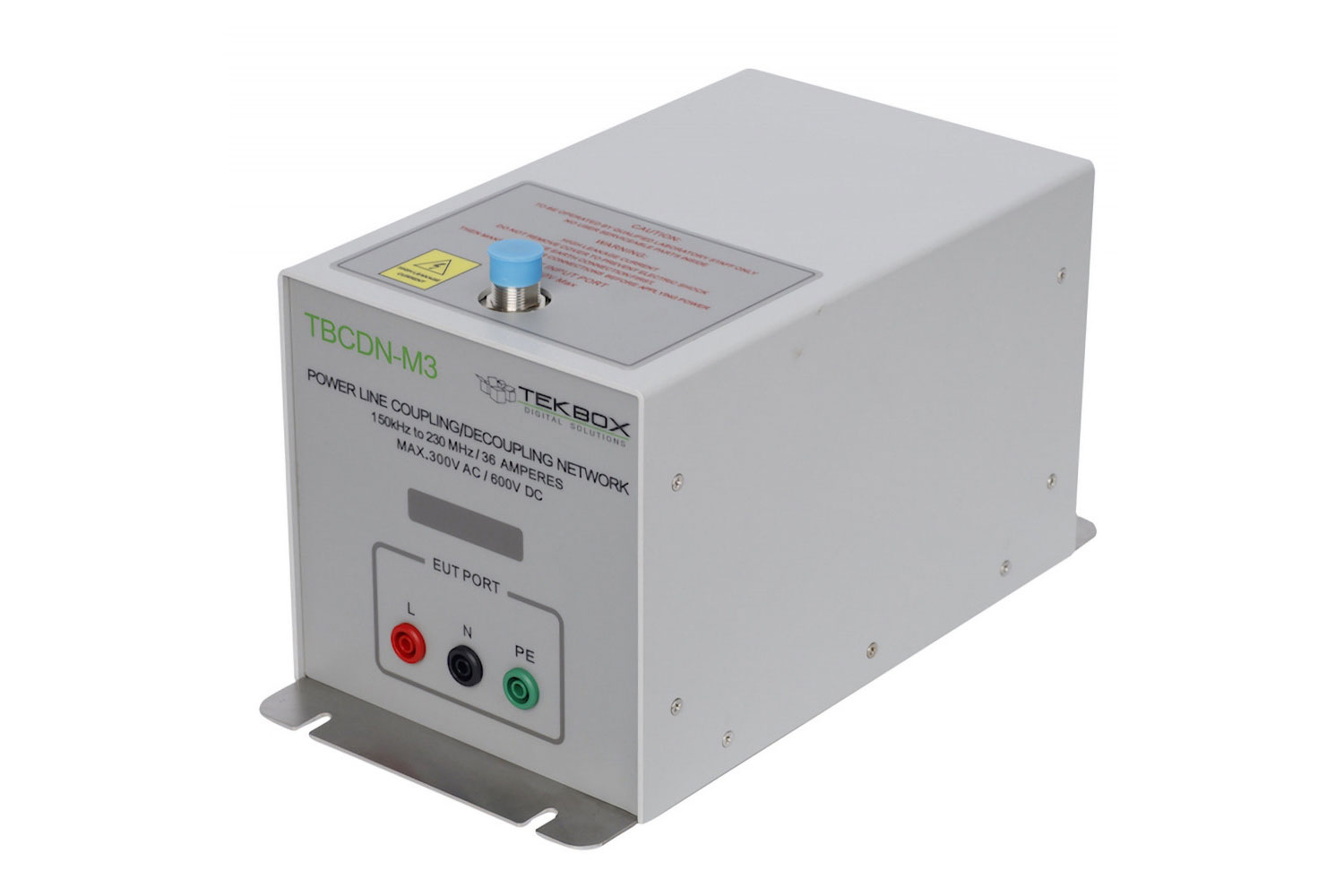
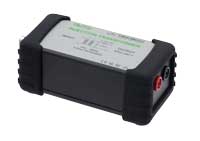

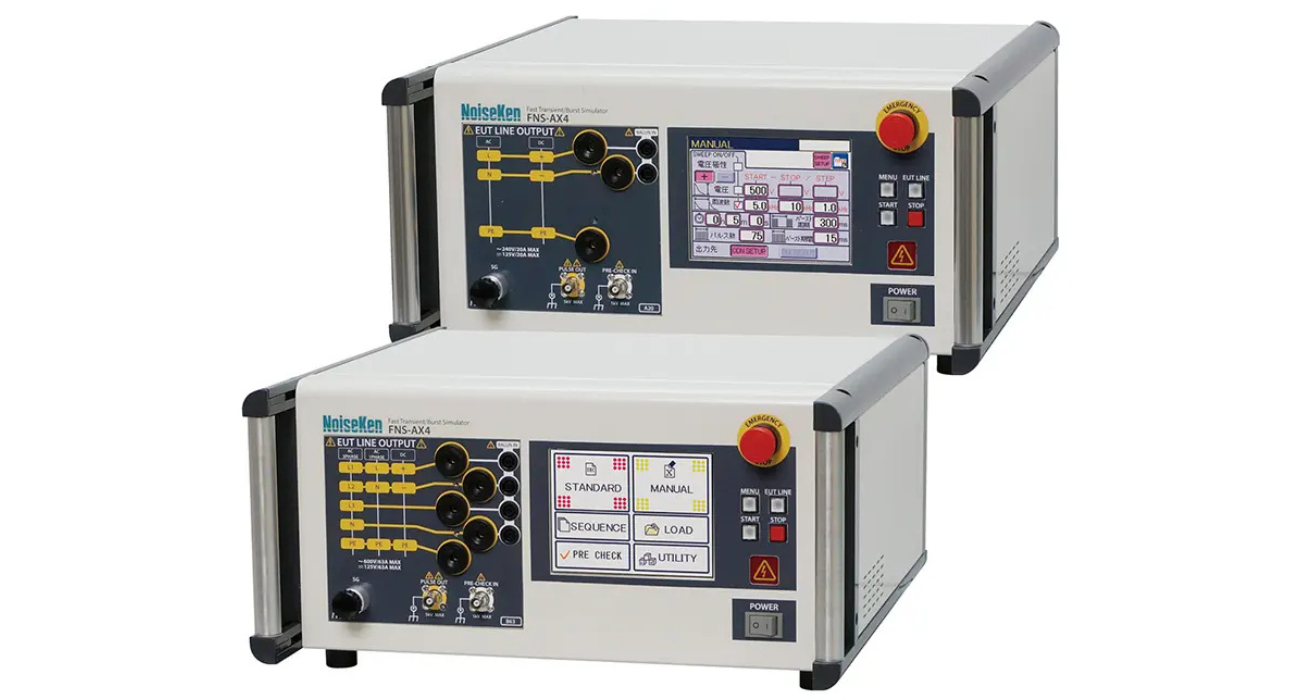
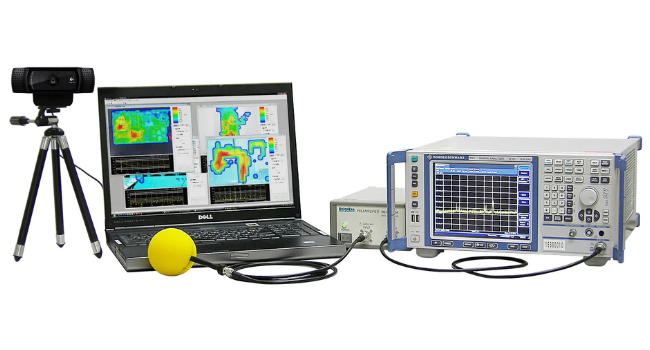















 FREE SHIPPING £75+
FREE SHIPPING £75+
 CELEBRATING 50+ YEARS
CELEBRATING 50+ YEARS
 PRICE MATCH GUARANTEE
PRICE MATCH GUARANTEE


